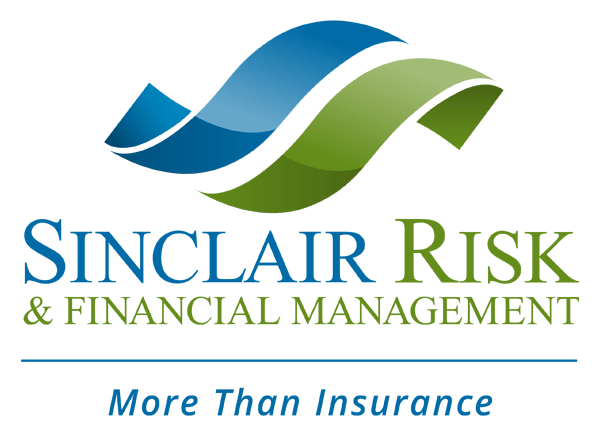 5 Simple Driving Safety Tips You Need To Know
5 Simple Driving Safety Tips You Need To Know
Car accidents are a leading cause of death in the United States. So take a moment to read these driving safety tips by the American Medical Association to help keep you and other drivers safe on the road.
Driving Safety Tip #1 – Drive with care. Plan your trips ahead of time when possible. Try to avoid heavy traffic and decide what time to leave, and what roads to take. Always wear your safety belt and drive at the speed limit.
Driving Safety Tip #2 – Take care of your car. Make sure you always have plenty of gas in your car, and make sure you tune it up regularly. Keep your windshields and mirrors clean and replace your windshield wiper blades when they become worn out.
Driving Safety Tip #3 – Know where you can find a ride. There may be a time where you don’t have access to a vehicle. Have some alternatives planned so you don’t find yourself stranded. Your alternative transportation plan could include rides from friends and family, taxis, bus or train, or a shuttle.
Driving Safety Tip #4 – Take a driver safety class. The best way to avoid driving hazards is preparation. Driving safety classes can teach you skills to use when you are on the road to make sure you and your passengers arrive safely at your destination.
Driving Safety Tip #5 – Drive distraction free. The National Highway Traffic Safety Administration estimates that drivers are distracted by secondary activities 30% of the time while driving. These distractions can include everything from eating, smoking, talking, drinking, or fiddling with electronics in the car. The NHTSA estimates that 80% of crashes involve some form of driver distraction that reduces driver safety. Being aware of these distractions, and avoiding them while on the road can help reduce your risk.
Sinclair Risk & Financial Management maintains that packaging a sound personal Auto plan is only the beginning of the client relationship. Our team of friendly, professional experts takes time to find out what drives you when you drive your car, enabling us to suggest meaningful strategies to mitigate many of the associated risks on or off the road. Contact us today for more information.
